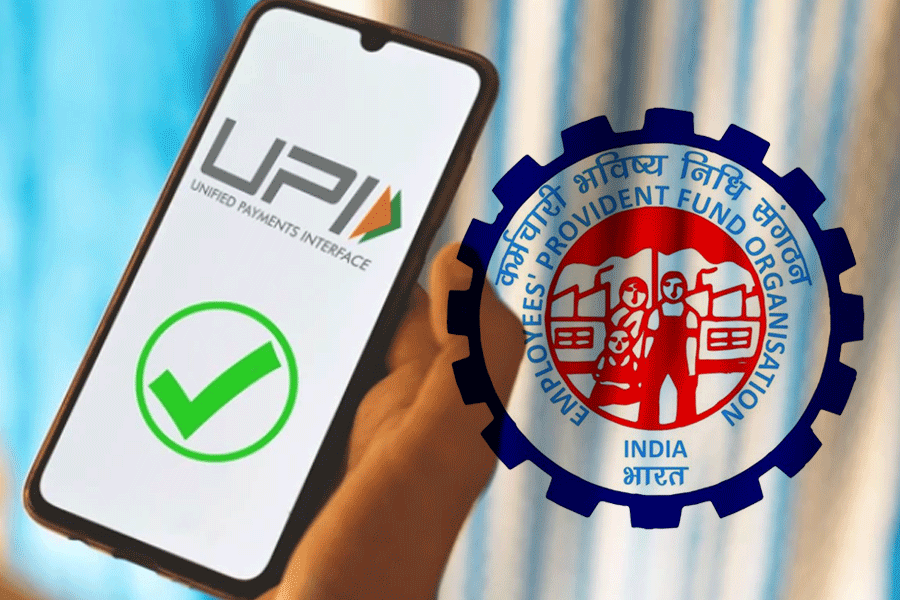 |
 |
 |
| QUALITY TIME: (from top) Serials like Bidaai, Sab Ki Laadli Bebo and Agle Janam Mohe Bitiya Hi Kijo have found success with social awareness issues |
A silent revolution seems to be sweeping through popular television in India. The saas bahu sagas with their tortuous kitchen politics are being supplanted by, believe it or not, serials that address social issues. New television soaps have made social awareness their USP. And after overdosing on shrill melodrama, audiences seem to have taken a fancy to these soaps with a cause.
Witness the recently launched Na Aana Is Des Laado on Colors. It deals with female infanticide and has already raced ahead to become one of the top 10 serials today. Encouraged by its success and that of Balika Vadhu, which is on child marriage, Colors is now about to launch Bhagyavidhata, on the ugly side of forced marriages.
That’s not all. Agle Janam Mohe Bitiya Hi Kijo on Zee TV is about a dalit girl’s struggles. Star Plus, which aired such long running mega serials as Kahani Ghar Ghar Ki or Kyunki Saas Bhi Kabhi Bahu Thi (both packed up late last year because of falling viewership ratings), has also decided to play the “social awareness” card. Its serial Sab Ki Laadli Bebo deals with adoption.
So why are serial makers adding a dash of social consciousness to their productions? Says Ashvini Yardi, head of programming, Colors, “Seeing viewership fatigue in the tried and tested format of saas-bahu sagas, we chose to make serials that were issue based. This has given a boost to our television rating points (TRPs) as well.”
Nidhi Misra, creative director of Sahara One’s Doli Saja Ke, which deals with superstition, stresses that all serials have a life cycle. “Earlier the saas-bahu serials ruled. Now it is the turn of serials with social issues. They’re fresh so people like them.”
The latest TRP ratings show that soaps with a social peg are scoring big. Star Plus' Bidayi (on discrimination against dark-skinned girls), Agle Janam Mohe Bitiya Hi Kijo, Balika Vadhu, Sab Ki Laadli Bebo and Na Aana Is Des Laado feature among the 10 most popular TV serials.
To be sure, the social consciousness theme is not new to TV serials. Indian TV’s grand old soap Hum Log came loaded with social messages. More recently, Saat Phere on Zee TV revolved around colour biases. Betiyaan on Zee TV dwelt on son preference. But many serials that began with a worthy theme have meandered into the strident family melodrama mould.
This prompts cynics to ask if these new social issue-based serials too won’t lose the plot somewhere along the line. After all, even the wildly popular Balika Vadhu plays out the familiar saas bahu story as it features a tyrannical mater familias.
Some producers admit that the noble objective does occasionally give way to the story line. Says Ranjan Sahi, producer of Bidaai, “When I began Bidaai, my idea was to give audiences a new and realistic issue to chew on. But you can’t keep harping on the same stuff. To keep the interest alive you have to temper the serials a bit.”
Former actress and producer Aroona Irani agrees. “Doli Saja Ke started off as a story about a girl who was being branded as unlucky. But how long could we flog the issue? If we did, the audience would get bored and switch to other serials. So we had to add the usual drama.”
Not all producers are as frank as Irani. Many aver that they won’t let the “cause” disappear. Sahi, who has earlier directed Betiyaan, declares, “It won’t happen with Bidaai. The creative writers have been instructed to take the serial forward by narrating a story on each of the characters. In this way kitchen politics will be kept at bay.” Anjana Sood, writer and producer of Sab Ki Laadli Bebo, echoes Sahi. “The serial is primarily on how Bebo’s equation with the family changes once it is revealed that she is not their own daughter. At the moment I don’t see my serial changing into a saas-bahu saga.
“Sujoy Roy, executive producer of Agle Janam Mohe Bitiya hi Kijo, has a similar take. “My serial is about the journey of a dalit girl and her fight against poverty. It’s too early to think whether stereotypical scenarios will be used to salvage dipping TRPs, especially when the serial is now among the top 10.”
But industry watchers and television critics feel the serials will soon succumb to the pull of the stereotype. Says Sabina Kidwai, media studies professor, Jamia Milia Islamia, Delhi, “People tend to forget that a crisis is the middle name for serials; it’s this that makes people want to see TV soaps. Earlier too, serials had raised serious issues. But then, they got lost in the pressure to generate crises in episode after episode. A similar thing is bound to happen now. And you can’t blame the makers for that.”
Until that happens, socially-conscious serials rule.










